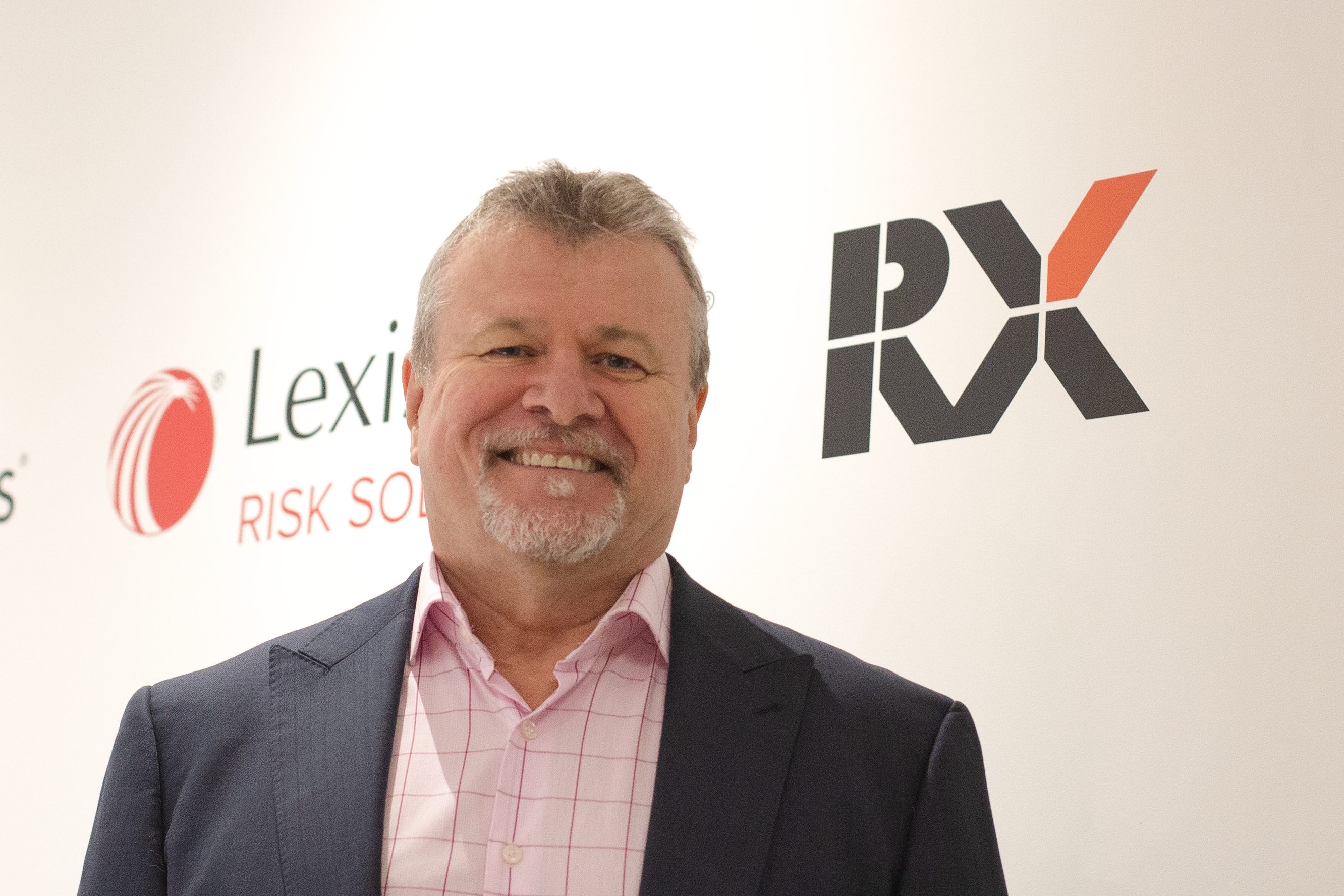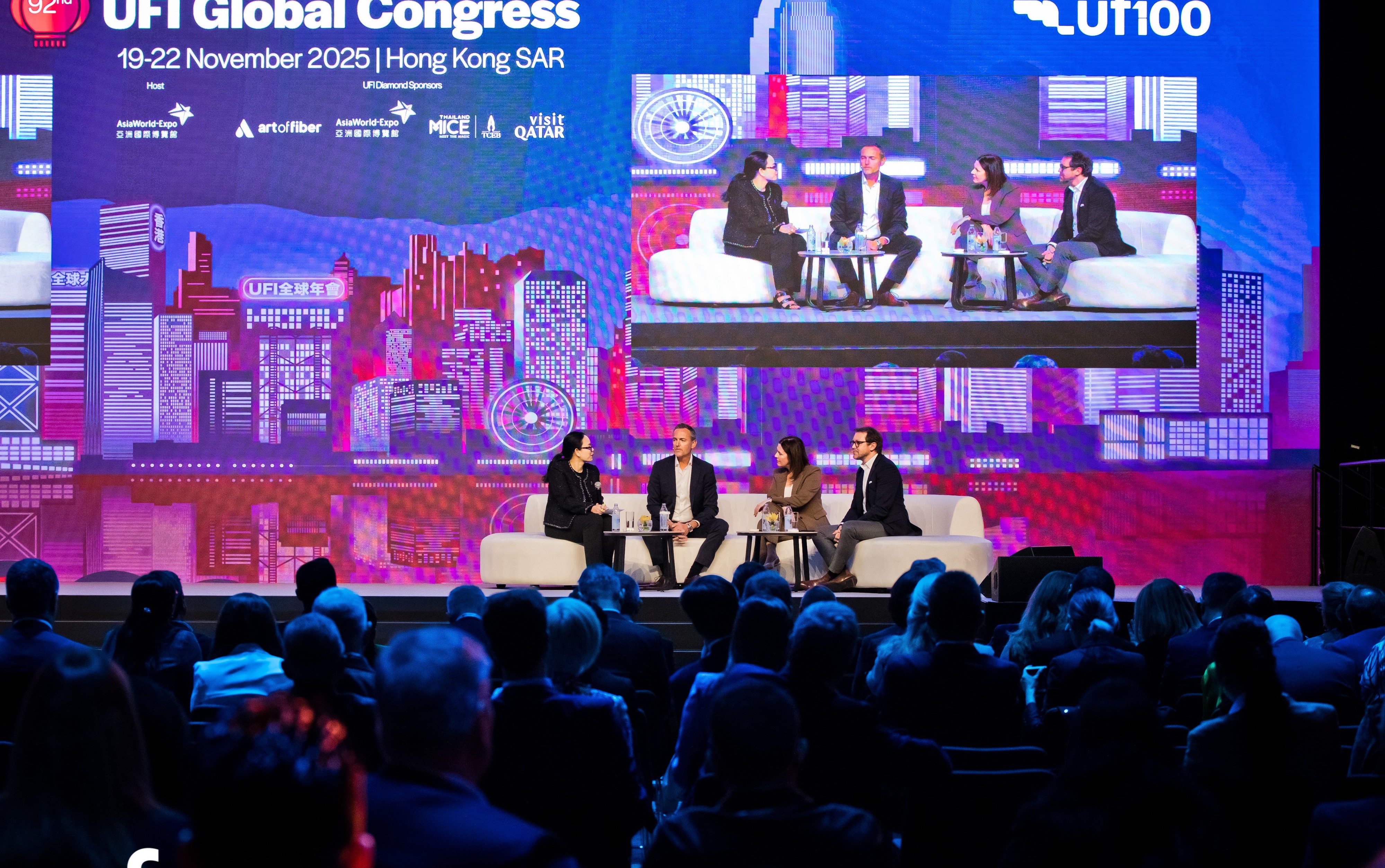
Is there currently a more prevalent and drama-tinged word in the global business lexicon than “budget”? From EU leaders trying to impose fiscal discipline across the Eurozone to multinationals reassessing their financial spend for 2012 against a backdrop of global uncertainty, the B-word is on the tip of everyone’s tongue.
For events managers, the term “budget” can define the nature of relationships with clients, suppliers, staff and everyone else involved in the delivery of a business conference, meeting or incentive programme. But in a world that is experiencing an ongoing state of financial flux, will Asia-Pacific’s events scene be shaped by budgetary constraints or more loosened purse strings?
One positive sign comes from the United States, where StarCite recently noted: “Research indicates that the number of meetings will grow in 2012. Hotels will focus more on bookings that provide the most revenue and not just occupy rooms. For planners, that means your focus needs to be on what kind of value your meeting will bring to the hotel. Negotiations will require you to be extra smart and strategic, as well as flexible yet firm.”
Price wars
In Asia-Pacific, the picture is fairly diverse. Certainly, events managers across the region report inflationary costs, but client budgets remain variable, depending on the nature and objective of a particular event. Sometimes the budget bartering is brutal, at other times clients are prepared to pay what it takes.
China’s major cities are hosting ever more lavish business events, but budgeting can be tough. “It is increasingly challenging to manage a small- to medium-sized budget event in China, as costs are rising quickly,” says Emmeline Yuen, managing director of Shanghai-based Pivot Marketing. This problem is often exacerbated by preconceptions that China is a low-cost destination. “That is not the case, especially in the first-tier cities. Inflation in China, particularly Shanghai, is high,” Yuen adds.
In general, clients in China “do expect high-quality production for a small budget, which is almost impossible, so the onus is on managing a client’s expectation properly,” Yuen says. Negotiations with local clients can be multi-tiered. “Chinese clients tend to negotiate hard on management fees and often question payments for concept ideation and design. Often, we have to renegotiate the contract again after the event is over despite having a signed contract or agreement before,” says Yuen.
For big-budget events in China, VIP attendance is regularly expected. “Celebrities are often required for PR purposes,” says Yuen. “These are high-cost items, but clients are usually willing to fork out as they value celebrity as important to include in an event.”
Budget by location
As Malaysia’s economy continues to grow, the capital Kuala Lumpur (KL) is increasingly an on-radar events destination. “A lot of big-scale events are happening in KL now. The budgets are ok,” says Jonathan Seevaratnam, founder of Kuala Lumpur-based Jiggee Events and John Hall Productions.
“It’s critical to get the budget right from the outset, and 90 per cent of clients will do that. The other 10 per cent keep you skating around and referencing back to what they spent on a similar event last year.” The interesting thing, Seevaratnam says, is that in Jiggee’s 10-year history, budgets rarely get slashed once agreed. “It’s the opposite, they tend to go up. This comes from the client side, if variations or new ideas need to be incorporated, clients are usually willing to pay the extra.”
One of KL’s budgetary strengths is a relatively low-cost base. Malaysia’s capital has long offered some of Asia’s lowest major city hotel rates, and event facilities have improved significantly in recent years. “The infrastructure is world class, but it is much cheaper here to produce and host events than, say, Bangkok or Singapore,” Seevaratnam adds. “A simple sound and lighting system can be hired for RM3,000 (US$954) here, whereas in Singapore it is at least S$3,000 (US$2,320). It’s a big saving.”
New frontiers
Even 10 years ago, the phrase ”corporate event” didn’t really exist in Vietnam, but since then local firms and multinationals in Hanoi and Ho Chi Minh City have hired event specialists to organise bigger-impact productions than the low-budget ones they used to manage in-house themselves.
“Big companies now plan their budget before they talk to an event agency. Therefore, it’s easy to create a theme suitable for the budget,” says Nguyen Thi Bich Thao, managing director of Ho Chi Minh City-based GazeFi Events. “But budgeting has changed in the last couple of years. Clients now plan budgets to include pre-event elements like PR campaigns and activation. They want the public to know about their event before it happens.”
CASE STUDY: Budgeting for activity-based team building

“It’s fair to say that every company is restricted by budget, perhaps more so with the recent uncertainty and European market turmoil affecting profit margins,” says Cam McLean, director of Taiwan-based In Motion Asia, which produces outdoor adventure programmes for incentives, team building and leadership development. “Gently managing this without significantly downgrading expectations is a key skill in ensuring client satisfaction.”
In Motion Asia recently created a two-day team-building event for a Singaporean client, featuring outdoor activities, plus a one-day conference and one-day Taipei sightseeing trip for regional sales staff. “The winter schedule made location a key consideration for the outdoor team building. Taiwan in winter generally means the further south the better,” says McLean. Having assessed the available resources and the ability to design and host two days of inspiring outdoor activities in a handful of settings, plus the internal transport and hotel factors, the location that ticked all the boxes was Sun Moon Lake in central Taiwan.
Taking into account the hotel and catering options, a picture began to form. “With additional add-ons, such as banquet meals and live performances, we could see the client was looking for a high-end programme. However, the proposal we submitted was close to 35 per cent above the client’s budget.” So began a process of cost-cutting to achieve a less expensive programme that delivered the quality and comfort the client desired.
The client’s key objective was to retain the team-building activities, as this was a core factor for undertaking the event and flying five hours to another country. The conference facilities were also highly important, as regional managers would join this part of the programme in Taipei. Discussion then centred on retaining the high-end accommodation chosen or making savings on hotel pricing. “Through communication with the client, we deduced that the two key areas to make savings were the Sun Moon Lake accommodation and transport,” says McLean. In Motion Asia moved the bulk of the twin-share accommodation from lake-view to less expensive mountain-view rooms, and eliminated the more expensive high-speed rail transport in favour of coaches. Some of the hotel meals were moved to local restaurants.
“The delivery and quality of the programme was still the same, the fundamentals were unchanged, but the luxury that comes from the variable expenses was reduced in some areas,” says McLean. These differences were materialistic, in terms of accommodation comfort, views and meal settings – although this was arguable as the group instead experienced a couple of meals at local venues and enjoyed true Taiwan culture rather then dining in a hotel. “Transport would have been faster with bigger budget, but this was offset by not having to change transport modes, from train to coach en route.”
In client negotiations, delivering outdoor-based events also incurs other significant budgetary challenges. “The fixed expenses are tricky, because you quickly get to a point where they are non-negotiable,” says McLean. “We are very aware of our staffing, labour and support costs for team-building events. Quality facilitators cost money and we know our bottom margin for providing these services while still ensuring that a high-quality event is delivered. Insurance and programme safety, too, can never be sacrificed for cost savings.”
Fast Facts
EVENT: Outdoor team building
VENUE: Sun Moon Lake, Taiwan
DATE: February 2012
DURATION: One day
NUMBER OF PARTICIPANTS: 54
EVENT ORGANISER: In Motion Asia
Q&A
Chris Gulley, managing director Elevate Corporate Team Events, Auckland, New Zealand
One of your company website sections is entitled “Fit a Tight Budget”. Why is that?
This was introduced during 2010 when everyone was tightening their belts in terms of spending. It certainly works well for some clients, especially the SMEs and ones where we’re dealing with a company’s social club.
When a client approaches you with a restricted budget do you approach the process differently than for a larger event?
We certainly are upfront that finding “economies” may affect the result for their event. Internally, we keep these events to standard formats with very little tailoring. One of the easier ways of reducing cost is to reduce the number of staff needed to facilitate an event. Where possible, we ask those clients wanting a “budget” event if they have staff who we can easily show what to do and they can then assist in facilitation. This works quite well.
Did you notice in 2011 that event budgets were tighter?
No, we found that budgets were a bit freer in 2011 compared to 2010. Companies were willing to spend on their staff again. It does seem that, in comparison to pre-2010, clients are trying to squeeze you for the same value but at a lower price. But that becomes a risky equation. We try to educate, or even avoid, clients like this now, especially where they have unrealistic expectations of what can be delivered on a tight budget.


